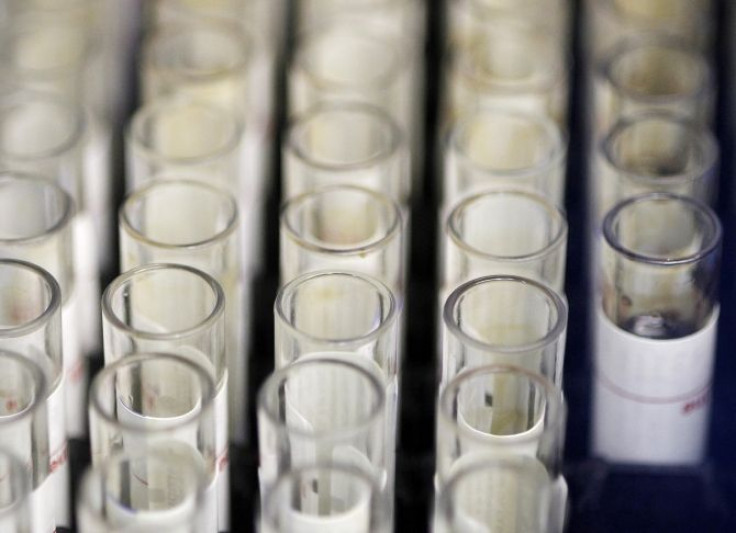Genetic Testing will Have Little Impact on Healthcare Costs

Genetic testing will not increase healthcare costs, a new National Institutes of Health (NIH) study says.
The study found that people who were given a choice of taking genetic tests and then the follow up procedures did not escalate their healthcare costs.
For the study, 217 participants were chosen who had volunteered to take genetic tests that are offered by their medical plan. The researchers analyzed healthcare usage records of all the participants’ one year prior to genetic testing and one year after the genetic tests.
Even after genetic testing, the study group’s healthcare costs were comparable to that of control group (400 people who did not choose to take up genetic tests).
“Persons offered and completing multiplex genetic susceptibility testing used more physician visits before testing, but testing was not associated with subsequent changes in use,” report the study authors Colleen M. McBride and colleagues.
The study is published in the journal Genetics in Medicine.
Earlier studies had said that genetic testing will not only increase healthcare costs but will also lead to discrimination in employment and healthcare insurance.
“Much is written about using genetics to personalize health care. Some think that this new generation of genetic tests will be a very positive addition to medicine; others believe they have the potential to make things worse,” said co-author Lawrence C. Brody, chief of National Human Genome Research Institute's (NHGRI)’s Genome Technology Branch.
Then there are philosophical and ethical questions about genetic testing like the one Dorothy C. Wertz asks in The Journal of American Medical Association about who gets to decide about treatment after a child or adolescent’s genetic report shows that he may be pre-disposed to a certain disease.
“We need to understand the impact of genomic discoveries on the health care system if these powerful technologies are going to improve human health. We are still learning how to integrate new genomic discoveries into clinical care effectively and efficiently. ,” said Dr. Dan Kastner, scientific director and head of the National Human Genome Research Institute's (NHGRI) Division of Intramural Research.
“There are a lot of unanswered questions about how genetic test results can be used to guide people towards making positive lifestyle and health behavior changes. This study goes a long way towards bringing data to these debates and shows that people are not likely to make inappropriate demands of health delivery systems if they are properly informed about the limitations of genetic tests,” said Colleen McBride, chief of NHGRI's Social and Behavioral Research Branch.
McBride explained that lifestyle, diet , smoking are also risk factors for getting a particular disease and that a person found to have a certain anomaly does not mean that he or she will have a particular disease.



























